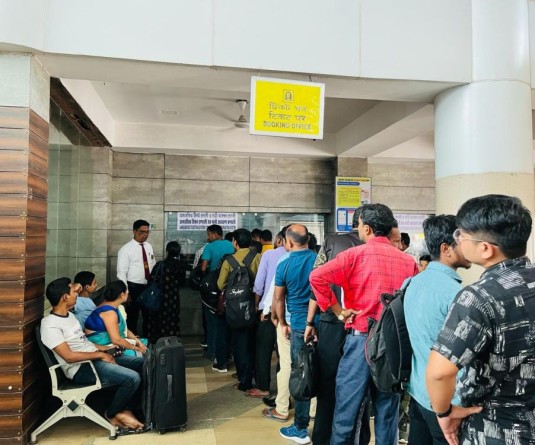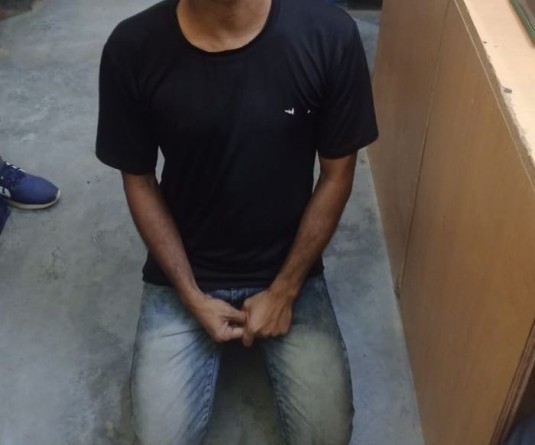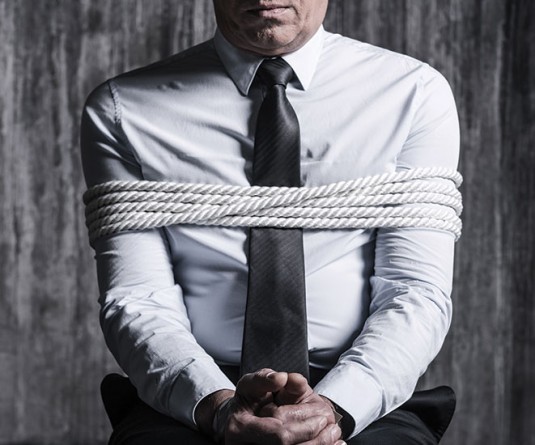
Newmai News Network
Shillong | November 27
The Meghalaya Peoples Human Rights Council (MPHRC) has expressed its grave concern over the rising number of rape cases in Meghalaya and has attributed this to ‘failures of the Justice system’.
“Nearly six years after the Government amended laws and put in place new guidelines and policies aimed at justice for survivors of rape and sexual violence, women and girls continue to face barriers to reporting such crimes. Victim-blaming is rampant, and lack of witness and victim protection laws makes girls and women from marginalized sections of people even more vulnerable to harassment and threats” said MPHRC on Wednesday.
“Women and girls with disabilities continue to be at a heightened risk of abuse. Even though the laws on sexual violence include several provisions to safeguard the rights of women and girls with disabilities and facilitate their participation in the investigative and judicial processes, girls and women with disabilities face serious barriers in the justice system,” it added.
“As we look to the future, and in order to address the chilling impact that rape and sexual violence against women and girls has from the perspective of human rights, urgent action must be taken by government as well as an independent monitoring mechanisms, civil society organisations and women's rights movements” said MPHRC chairman, Dino G Dympep.
He also said that these factors contribute to the "unacceptable tolerance" of rape, including within criminal justice systems, often resulting in impunity for perpetrators. “Moreover, criminal justice systems that adopt force-based definitions of rape often require evidence that the perpetrator used coercion and that the victim failed to fight back. As such, the burden is placed on the woman to prove that she resisted. If unable to do so, the perpetrator would walk free while the victim is left stigmatized,” Dympep also said.
In this backdrop, the MPHRC has strongly urged the Government to ensure access to justice and accountability mechanisms and timely and effective remedies for the effective implementation and enforcement of laws aimed at preventing sexual violence against women and girls, in all contexts, including by informing women and girls about their rights under relevant laws and by improving legal infrastructure, including, as appropriate, through gender responsive training for police and security forces, prosecutors, judges and lawyers and other relevant authorities and officials, and removing all barriers to access to legal counselling, assistance and remedies.





